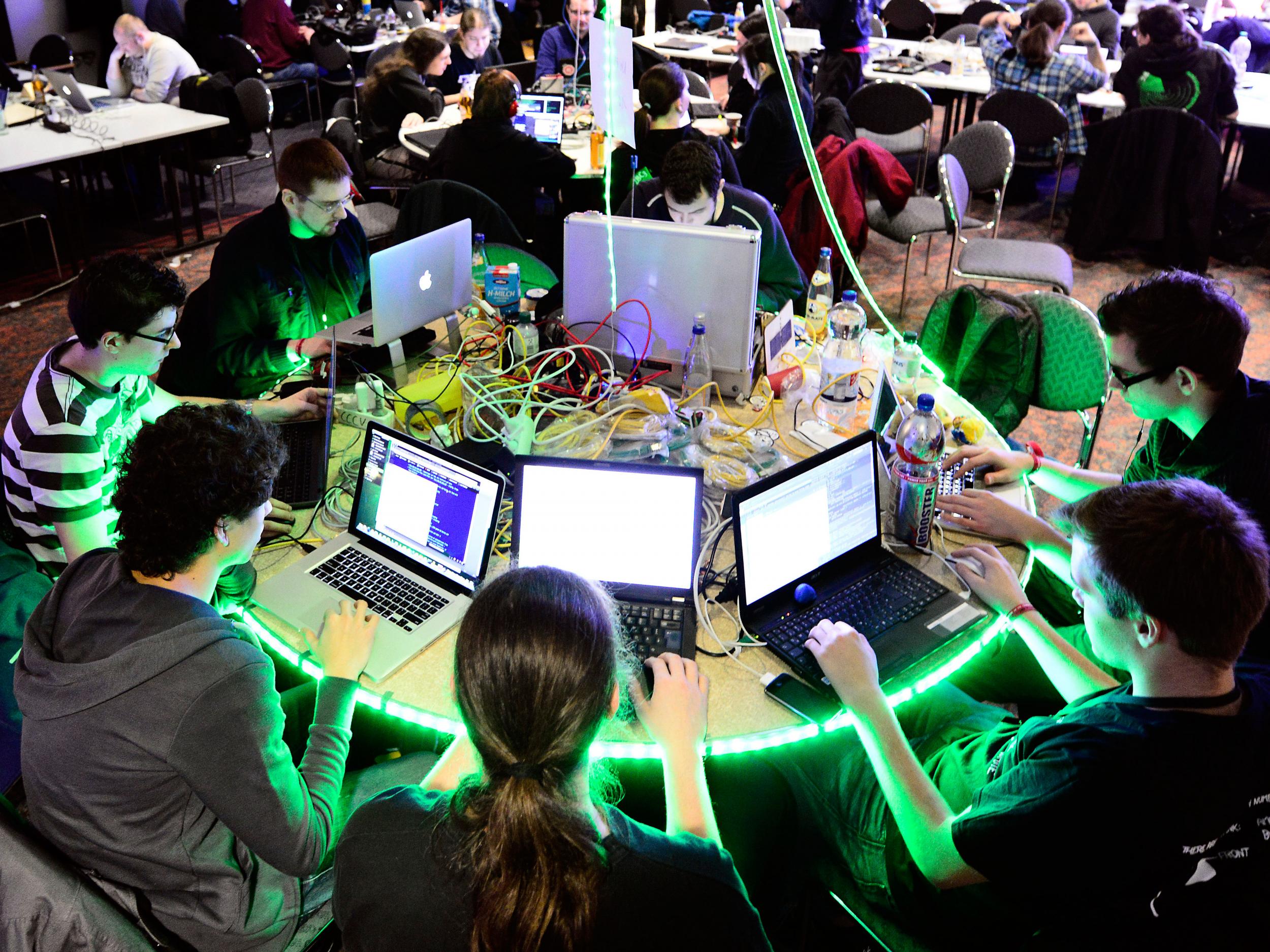National Intelligence boss warns that US presidential candidates are victims of cyber espionage
Government cyber experts were working with candidates eight years ago to stop intruders

Your support helps us to tell the story
From reproductive rights to climate change to Big Tech, The Independent is on the ground when the story is developing. Whether it's investigating the financials of Elon Musk's pro-Trump PAC or producing our latest documentary, 'The A Word', which shines a light on the American women fighting for reproductive rights, we know how important it is to parse out the facts from the messaging.
At such a critical moment in US history, we need reporters on the ground. Your donation allows us to keep sending journalists to speak to both sides of the story.
The Independent is trusted by Americans across the entire political spectrum. And unlike many other quality news outlets, we choose not to lock Americans out of our reporting and analysis with paywalls. We believe quality journalism should be available to everyone, paid for by those who can afford it.
Your support makes all the difference.All the remaining candidates for president in the United States are being spied on by foreign hackers with “a variety of motivations”, the country’s top intelligence officer has revealed.
The warning was issued by National Intelligence Director James Clapper at a conference organised by the Bipartisan Policy Center, in Washington DC. It came as federal cyber-security experts are working with all the campaigns to help them bolster their web site defences.
What’s more, the acts of espionage against the campaigns may only just be getting started. “As the campaigns intensify we'll probably have more of it,” Mr Clapper noted.
Those trying to crash the candidates’ networks could include foreign governments seeking early pointers on policy thinking or hackers with sabotage in mind. Mr Clapper’s office recently revealed how it tracked intrusions by foreign intelligence services into the campaigns for president back in 2008.
The risk to the campaigns was further outlined by Mr Clapper’s office. “We're aware that campaigns and related organizations and individuals are targeted by actors with a variety of motivations - from philosophical differences to espionage - and capabilities - from defacements to intrusions,” Mr Clapper's spokesman Brian Hale said in a statement.
While officials would offer no specifics of incidents uncovered so far, it is known that the international cyber-anarchist group that calls itself Anonymous has specifically urged its supporters to attack the web operations of Donald Trump, the presumptive Republican nominee.
The group said it was preparing to launch “total war” against the New York billionaire. Additionally, a masked figure appeared on YouTube, saying, “Dear Donald Trump, we have been watching you for a long time and what we see is deeply disturbing”.
While the online operations of Hillary Clinton and Bernie Sanders are limited more or less to their campaigns and policy platforms, Mr Trump has a whole array of web sites related to his business empire and therefore may have more at risk in the event hackers target him.
Mr Sanders has his own experience with cyber-misdeeds; he was reprimanded last year after his staff improperly accessed a trove of voter data at the Democratic National Committee.
As for Ms Clinton, she is still being investigated by the FBI for using a private email server at home while she was Secretary of State, potentially making it far easier for foreign intruders to hack into her messages, some of which may or may not have contained classified information.
The National Intelligence Agency acknowledged recently its activities in helping the two nominees in 2008 - now President Barack Obama and Senator John McCain - track and contend with serial cyber-intrusions during their campaigns for president. A document describing the extent of those operations was issued by Mr Clapper’s officer earlier this month.
Eight years ago, foreign intelligence services “met with campaign contacts and staff, used human source networks for policy insights, exploited technology to get otherwise sensitive data, engaged in perception management to influence policy,” the document said. “This exceeded traditional lobbying and public diplomacy.”
Join our commenting forum
Join thought-provoking conversations, follow other Independent readers and see their replies
Comments